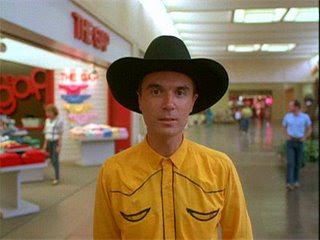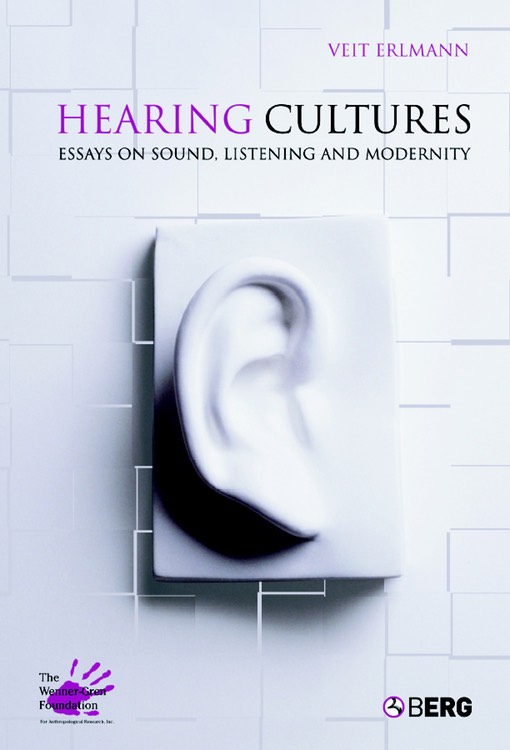
After classes yesterday I went into a mental burnout stall and sat in my chair and played online scrabble. Physically and mentally exhausted I put off any tasks I needed to do to today.
I think I am daunted when I look at the upcoming Holy Week schedule. It’s no worse than usual of course, but I find that I need more time to rest and recuperate than I used to.

In the meantime I continue to enjoy having online access to reference material. This morning I made a list of words I had looked up while reading Cranmer by MacCulloch:

waiters
peculiar
prorogued
frank pledge
winkling
You may wonder about “waiters.” I find that reading an educated author and especially one that speaks another form of English than USA English, it’s easy to mistakenly assume that words have expected meanings.
Here’s how MacCulloch used the word:
The rest of the day was taken up in manoeuvering the vast crowd of notables across to Westminster hall and dividing them into honorary waiters and seated guests for the state banquet there…
In this case, “waiters” means “an attendant upon the bride, bridesmaid.” At least I think that’s how he’s using it.
MacCulloch repeatedly uses the word, “peculiar,” to mean “in the C of E, exempt from, not subject to the bishop of the diocese.”
I’ll let you google the others if you’re curious.
I also ran across another unusual usage in a poem by Thomas Hardy this morning.
teen
But it was not much in a world of teen,
That a flower should waste in a nook unseen!from “The Flower’s Tragedy” by Thomas Hardy
After poking about, I take Hardy’s usage to mean “Irritation, vexation, annoyance; anger, wrath, rage; spite, ill-will, malice.” (OED 2b)
Yesterday John Donne graced the Episcopalian Church Calendar. March 31 was the day of his death in 1631. I mention on Facebook (in the Grace Music Ministry group) that I was a fan of Donne’s. Someone asked me to recommend a poem of his. I got up this morning and pulled out my Donne and looked at my notes. I had to recommend several. Here are links.
Song: Sweetest love, I do not go
A Lecture upon the Shadow
Holy Sonnets: This my play’s last scene
Wilt thou forgive that sin where I begun
The last is used as a hymn in the Hymnal 1982.
I continue to be annoyed at David Byrne’s lack of sophistication in his book.

I suspect him of affecting a voice that fits his commercial persona, sort of dead pan hip. But it bugs me when his footnote citations omit little details like the year something was published.
On the other hand I was happy to run down an article he cited and find it online (via Hope College access). “Thinking about Sound, Proximity, and Distance in Western Experience: The Case of Odysseus’s Walkman” Michael Bull.
It’s found in the 2004 collection of essays, Hearing cultures: essays on sound, listening, and modernity edited by Veit Erlmann.

It begins with this interesting quote:
The individual is constantly here and elsewhere, alone and linked to others ….. the twentieth century stroller with a Walkman or cellular phone remains along, communicating not with passers-by but to those to whom he or she is connected.” Patrice Flichy, Dynamics of Modern Communication
Byrne mentions the article in his chapter, “Private Music.” It’s easy to see why.

I’m sure all this blather will increase my net popularity. Heh.
